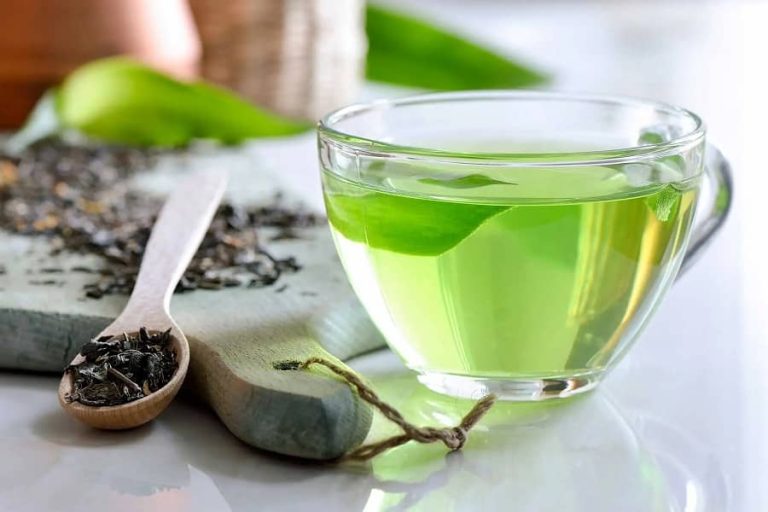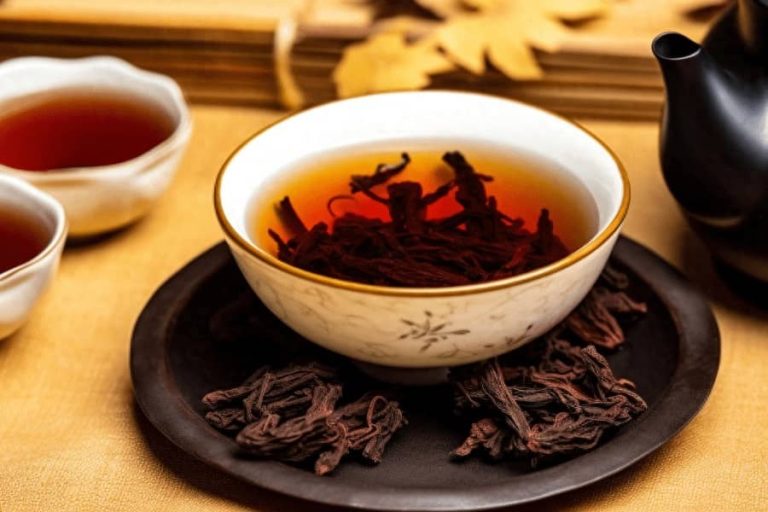Exploring the Caffeine Content in Bigelow Green Tea

Bigelow green tea is a popular beverage enjoyed by many tea enthusiasts around the world. However, there is a common question that arises among tea drinkers – does Bigelow green tea contain caffeine? In this article, we will delve into the caffeine content of Bigelow green tea and explore its potential effects.
What is Caffeine?
Caffeine is a natural stimulant found in various plants, including tea leaves. It belongs to a class of compounds called xanthines and acts as a central nervous system stimulant. It is commonly consumed for its ability to enhance alertness, improve focus, and combat fatigue. However, excessive caffeine intake can lead to negative effects such as sleep disturbances and increased heart rate.
Does Bigelow Green Tea Contain Caffeine?
Yes, Bigelow green tea does contain caffeine. The presence of caffeine in tea is a natural occurrence, as it is synthesized by tea plants as a defense mechanism against pests. While the exact amount of caffeine in Bigelow green tea may vary, it generally contains around 25-50 milligrams of caffeine per 8-ounce cup. Compared to other tea varieties, such as black tea or coffee, the caffeine content in green tea is relatively lower.
Health Benefits of Drinking Bigelow Green Tea
Apart from its caffeine content, Bigelow green tea offers numerous health benefits:
- Antioxidant Properties: Green tea is rich in antioxidants called catechins, which have been linked to a reduced risk of chronic diseases, such as heart disease and certain types of cancer. These antioxidants help protect the body against free radicals and oxidative stress.
- Potential Benefits for Brain Function and Mental Health: Some studies suggest that the combination of caffeine and other bioactive compounds in green tea may have positive effects on brain function. It has been associated with improved cognitive performance, enhanced memory, and reduced risk of neurodegenerative diseases like Alzheimer’s and Parkinson’s.
- Possible Cardiovascular Benefits: Regular consumption of green tea has been associated with a decreased risk of developing cardiovascular diseases. The antioxidants in green tea may help reduce cholesterol levels, lower blood pressure, and improve overall heart health.
Conclusion
In conclusion, Bigelow green tea does contain caffeine, albeit in moderate amounts compared to other caffeinated beverages. It is important to note that the caffeine content may vary depending on factors such as brewing time, water temperature, and the specific batch of tea. If you are sensitive to caffeine or have certain health conditions, it is advisable to moderate your intake accordingly. However, Bigelow green tea offers various health benefits beyond its caffeine content, making it a refreshing and potentially beneficial addition to a balanced lifestyle.
















